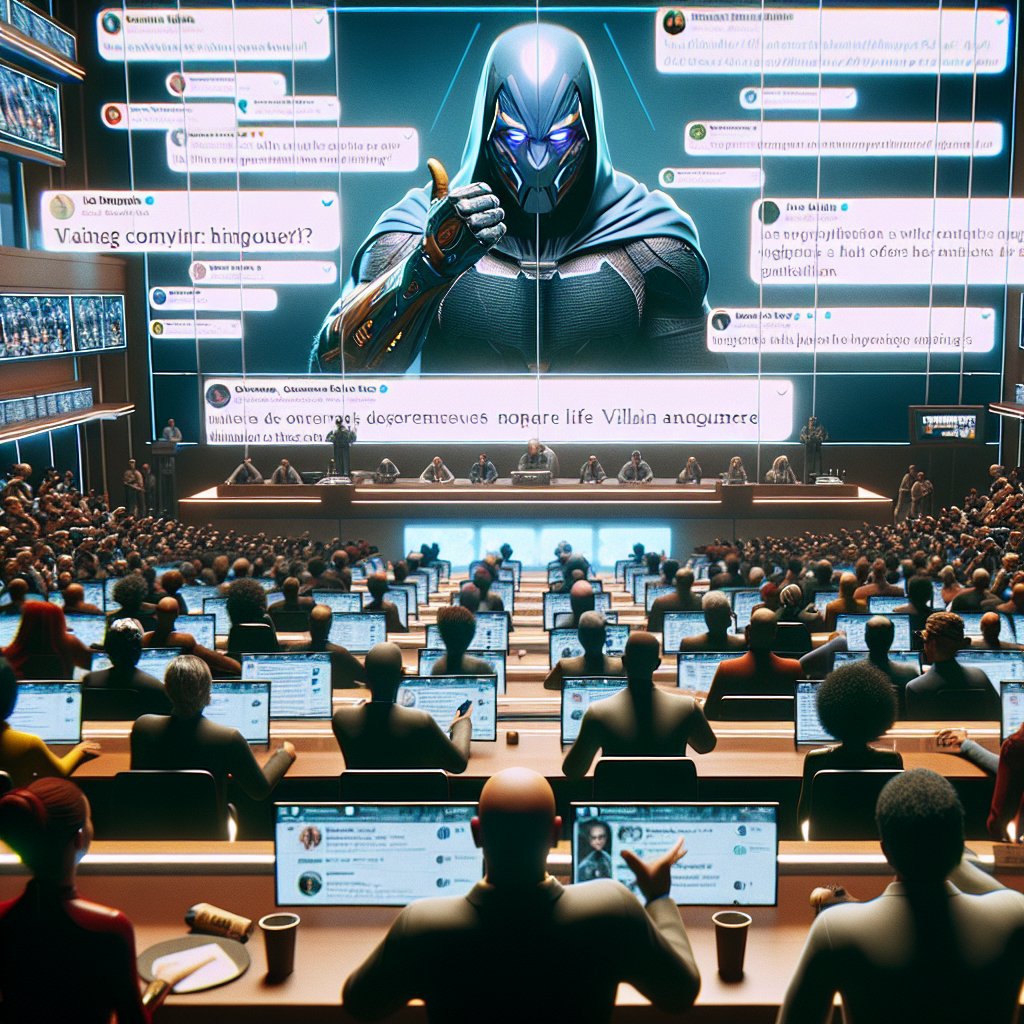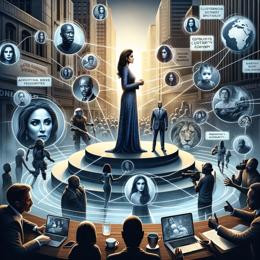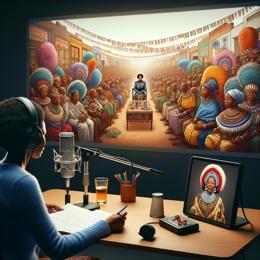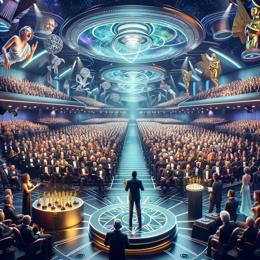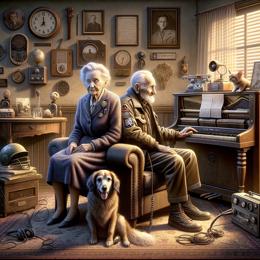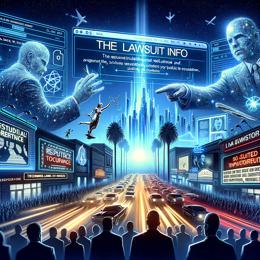Image created by AI
Robert Downey Jr.'s Return as Doctor Doom Highlights Hollywood Pay Disparities
Renowned actor Robert Downey Jr.'s recent announcement that he will be joining the Marvel Cinematic Universe (MCU) as Doctor Doom has sparked widespread discussions about the significant wage disparities prevalent in Hollywood. Following an acclaimed win of the Best Supporting Actor Oscar for his performance in Oppenheimer, Downey is reportedly on track to receive upwards of $100 million for his roles in the forthcoming Avengers: Doomsday and Avengers: Secret Wars films.
The ripple effect of this news was palpable during last weekend's Comic-Con, where Downey ceremoniously unveiled his character, drawing mixed reactions from audiences. While some fans welcomed the decision as groundbreaking, others lambasted it as an indulgent casting move that epitomizes a stagnating genre.
Behind the glitz of celebrity names and big-screen appearances lies a stark contrast in compensation practices within the entertainment sector. This topic came to the fore following a Twitter discourse prompted by Brandon Lewis's commentary on the perceived hypocrisy of the industry regarding salary negotiations, highlighting the stark incongruence between Downey's lucrative deal and the lesser terms offered to industry unions amidst strikes.
Resonating with this sentiment, Anwen Kya, a commentator on Twitter, pointed out the precarious conditions faced by many working within film and television—illustrating an industry teeming with unemployment, decreased rates, and amplified work hours that contradict the substantial sums allocated to high-profile actors.
The crux of the disparity was exemplified by Tyler Scruggs, whose experiences as a costume production assistant illustrated a grim reality. Stepping into the Marvel universe on the Black Panther: Wakanda Forever set, Scruggs faced daunting work hours for minimal pay which barely covered basic living expenses. His experience, now widely shared with over 20 million views, highlights the chasm that exists between the allure of the industry and the financial hardships many of its workers face.
Scruggs's firsthand account underscores the challenges encountered by those providing essential yet often unnoticed contributions to blockbusters. These issues extend across various professions within the industry, from writers to visual effects artists, and are intensified following the downturn in production.
Despite the turmoil, Scruggs expressed a passion and admiration for the work and initially regarded his involvement in Marvel's cinematic ventures as both an honor and a dream. However, the mismatch between the grandeur of the roles involved and the economic stability of the workers has made it increasingly difficult to celebrate such employment in the face of an unstable job market.
The situation illustrates a broader industry conundrum where the value attributed to star power and A-list cameos eclipses the consideration for those behind the scenes. As a result, the negotiating power of average industry workers is weakened. This predicament is amplified against the backdrop of a competitive and sometimes unpredictable industry landscape, which creates an environment where workers feel compelled to accept unsatisfactory conditions to gain employment.
As discussions persist on the topic within public forums, it remains unclear how the entertainment industry plans to address these ongoing concerns regarding wage disparities. Additional commentary and statements from Marvel and other industry leaders have been sought in hopes of shedding light on possible responses to calls for reform.
